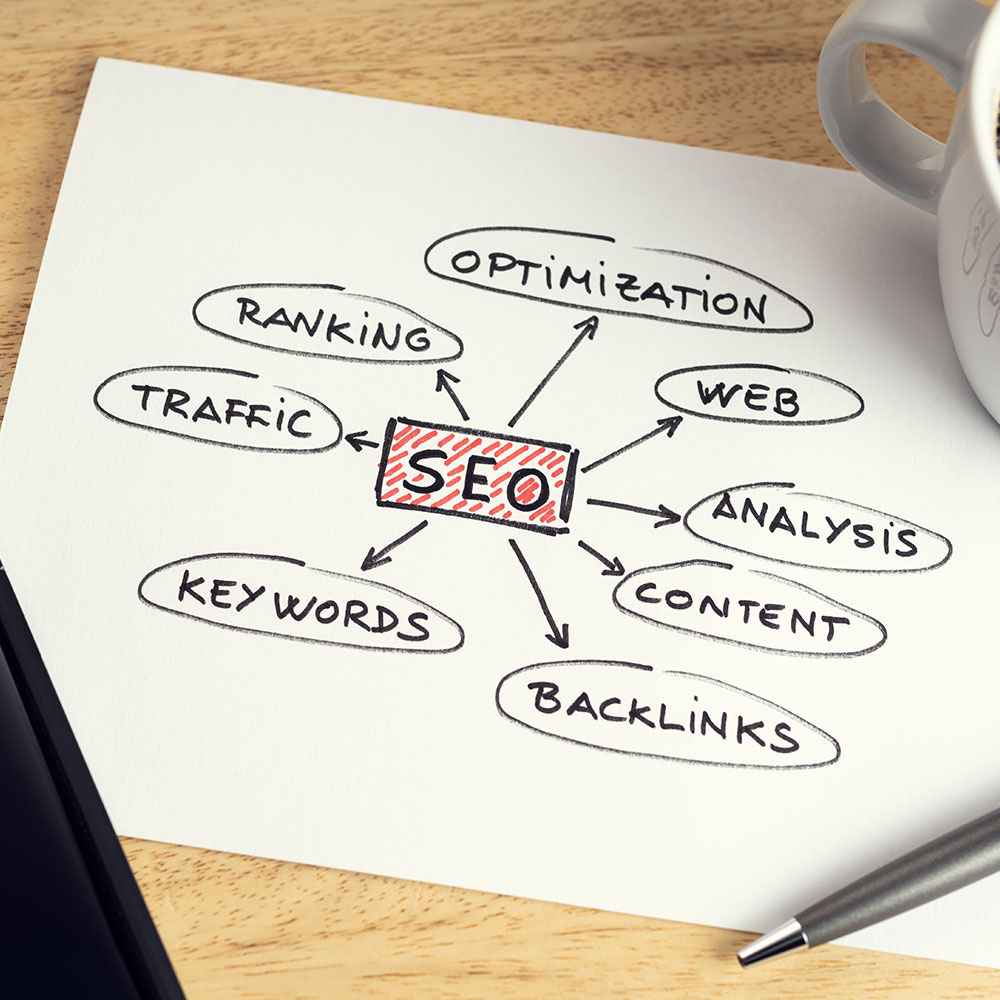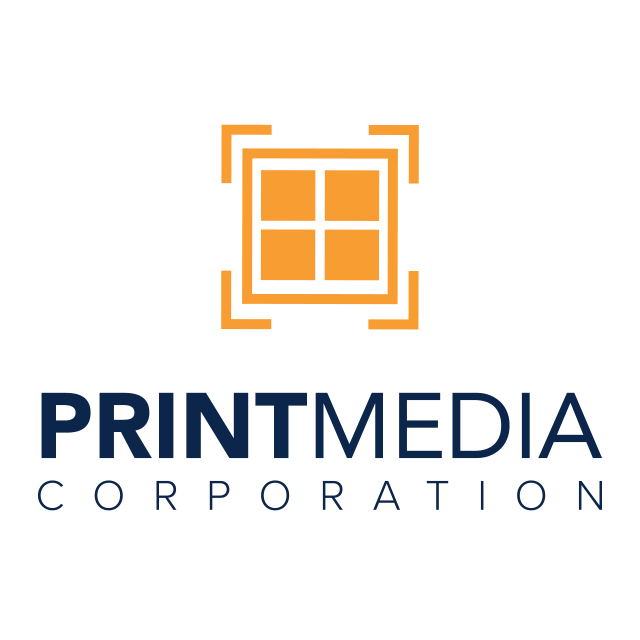Digital Marketing Strategies
What They Do & Why You Need Them
Digital marketing strategies are tactics that businesses use to promote their products or services online. These strategies can include a wide range of tactics, such as search engine optimization (SEO), social media marketing, email marketing, pay-per-click (PPC) advertising, content marketing, and more.
By implementing a well-rounded digital marketing strategy, businesses can effectively reach and engage with their target audience, ultimately driving more qualified traffic to their website and increasing conversions. In today’s digital age, it is essential for businesses to have a strong online presence and to stay up-to-date with the latest digital marketing trends in order to stay competitive.

Does SEO Matter? You Bet It Does.
A website needs SEO in order to be visible and easily discoverable by users on search engines such as Google. SEO involves optimizing a website’s content and structure to make it more appealing to search engines and improve its ranking in search results.
Having a strong SEO strategy is essential for driving traffic to a website and attracting potential customers. When a website ranks well in search results, it is more likely to be clicked on and visited by users, which can lead to increased sales and revenue.
SEO can also help a website establish credibility and authority in its industry by demonstrating to search engines that it is a reputable and reliable source of information.

Search Engine Marketing
Search engine marketing (SEM) is a digital marketing strategy that involves using paid search ads, as well as other tactics, to improve a website’s visibility in search engine results pages (SERPs). SEM campaigns typically involve targeting specific keywords and phrases, and creating ads that will appear in the sponsored section of search results for those keywords. The goal of SEM is to increase the visibility of a website and ultimately drive more traffic and conversions.
There are several types of SEM tactics that businesses can use, including:
Pay Per Click Marketing
Pay-per-click (PPC) is a type of online advertising in which businesses pay a fee each time someone clicks on one of their ads. PPC ads typically appear at the top or bottom of search engine results pages (SERPs) and are often labeled as “sponsored” or “ad.”
Businesses create PPC campaigns by selecting specific keywords and phrases to target, and then creating ads that will be displayed when someone searches for those keywords. The cost of each click is determined by an auction, in which advertisers bid on the keywords they want to target. The highest bidder typically gets the top spot in the sponsored results, with the second highest bidder getting the second spot, and so on.
Overall, PPC can be an effective way for businesses to drive qualified traffic to their website and increase conversions. It is important for businesses to carefully plan and manage their PPC campaigns in order to maximize their return on investment (ROI).
Targeted Reach
PPC campaigns allow businesses to target specific keywords and phrases, as well as specific geographic locations, which means they can reach a highly targeted audience.
Measurable Results
PPC campaigns are highly trackable, which means businesses can see exactly how many clicks their ads are getting and how many of those clicks are converting into leads or sales.
Quick Results
Unlike SEO, which can take time to show results, PPC campaigns can start driving traffic to a website almost immediately.
Flexible
PPC campaigns can be easily adjusted or paused at any time, which gives businesses the flexibility to make changes as needed.


